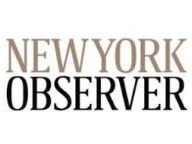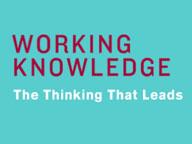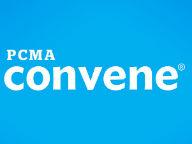Faculty News
—
Professor Justin Kruger's joint research on self-perception is referenced
—

Excerpt from The New York Times -- "[President Trump] is thus the all-time record-holder of the Dunning-Kruger effect, the phenomenon in which the incompetent person is too incompetent to understand his own incompetence."
Faculty News
—

Excerpt from The New York Times -- "[President Trump] is thus the all-time record-holder of the Dunning-Kruger effect, the phenomenon in which the incompetent person is too incompetent to understand his own incompetence."

















